
The concept of Travel 2.0 encapsulates the wave of technology-driven innovations reshaping tourism and revolutionizing how people plan, experience, and reflect on their journeys. Modern travelers now enjoy the convenience, personalization, and immersion that technology offers, taking their travel experiences beyond traditional tourism boundaries. This shift towards digital and connected travel is making tourism more engaging, efficient, and enriching than ever before. Let’s explore how technologies like AI, VR, and blockchain are redefining the travel landscape, creating what is now widely referred to as Travel 2.0.
In the era of Travel 2.0, planning a trip has become a largely digital affair, putting convenience and control directly in the hands of travelers. With numerous online platforms like Expedia, Booking.com, and Airbnb, nearly every part of trip planning can be completed online, from booking flights to choosing accommodations and crafting itineraries. These platforms not only provide ease but also a comprehensive view of travel options, allowing travelers to compare prices, read reviews, and select experiences tailored to their preferences. What once required a travel agent can now be accomplished in minutes with a smartphone, marking a profound shift in tourism. The digital-first approach of Travel 2.0 ensures a streamlined and highly personalized experience from the very beginning of any journey.
Artificial intelligence (AI) is central to the rise of Travel 2.0, enabling a level of personalization that was previously unimaginable. By analyzing data such as user preferences, past travel history, and seasonal trends, AI-driven platforms can recommend destinations, activities, and accommodations uniquely suited to each traveler. For example, apps like Hopper and Google Flights use AI algorithms to predict optimal times for booking flights, ensuring travelers secure the best deals. AI-powered chatbots on booking websites provide instant assistance, offering tailored recommendations and addressing questions in real-time. Through AI, Travel 2.0 empowers travelers with customized options that make each trip feel unique and effortless, enhancing satisfaction and engagement.
Virtual reality (VR) is another groundbreaking technology in the world of Travel 2.0, allowing travelers to preview destinations, hotels, and attractions before booking. VR offers an immersive 360-degree experience of places around the world, enabling travelers to “try before they buy.” Whether it’s a serene beach, a historic landmark, or a luxury hotel suite, VR helps travelers make informed choices about where to go and where to stay. This capability is especially useful for those planning significant trips, such as honeymoons or special vacations, as they can virtually explore options in depth. Major hotel chains, travel agencies, and even tourist boards are embracing VR to showcase their locations, helping travelers envision their experiences and make confident booking decisions.

While VR helps travelers explore from afar, augmented reality (AR) enriches real-life travel experiences by overlaying digital information onto the physical environment. Using apps like Google Lens and Yelp’s Monocle, travelers can instantly learn about landmarks, read translated signs, or discover hidden spots around them. AR adds layers of information that enhance the traveler’s understanding of a destination, turning exploration into an educational adventure. With AR-enabled guided tours, visitors can delve into historical facts, cultural insights, and local stories as they walk through a city or visit a museum. The integration of AR in Travel 2.0 ensures that each destination offers a rich, interactive experience, making travel more informative and engaging.
The advancements in Travel 2.0 have led to the development of smart luggage and wearable devices, adding convenience, safety, and functionality to the travel experience. Smart suitcases equipped with GPS tracking, built-in chargers, and even weight sensors help travelers manage their belongings with ease, reducing the stress of lost luggage or dead phone batteries. Some smart bags even have proximity alerts, ensuring travelers never leave their bags behind. Wearable devices like smartwatches and fitness trackers offer real-time access to navigation, weather updates, and even health monitoring, which is particularly valuable for adventurers or those on long journeys. This combination of smart luggage and wearables in Travel 2.0 guarantees that travelers stay connected and secure no matter where their journey takes them.
Mobile apps have become indispensable tools in Travel 2.0, streamlining every aspect of the travel experience. Apps like Google Maps, Uber, and TripAdvisor have simplified navigation, transportation, and finding recommendations on the go. Language translation apps, such as Google Translate, make it easier to communicate in foreign destinations, while TripIt keeps itineraries organized and accessible in one place. Mobile apps for currency conversion, local events, and weather forecasting add even more convenience, giving travelers essential information right at their fingertips. As technology evolves, many travel apps now offer offline capabilities, ensuring accessibility even in areas with limited connectivity. These mobile applications not only enhance the travel experience but also make it more seamless, putting the world within reach for every traveler.
Incorporating sustainability into tourism is a growing focus within Travel 2.0, with technology helping travelers make more eco-friendly choices. Platforms like Skyscanner and Goodwings offer carbon offset options, allowing travelers to minimize their carbon footprint while booking flights. Electric vehicle rentals, bike-sharing programs, and public transit apps further encourage eco-conscious travel by promoting greener modes of transportation. Additionally, smart hotels are embracing the Internet of Things (IoT) to optimize energy usage, waste reduction, and water conservation. Through these innovations, Travel 2.0 empowers travelers to explore the world responsibly, aligning the industry with the principles of sustainable tourism.
In the age of Travel 2.0, security and transparency in financial transactions are more critical than ever, and blockchain technology is stepping up to address these needs. Initially associated with cryptocurrencies, blockchain is now being integrated into the travel industry to ensure safe, transparent transactions. This technology prevents fraud, protects sensitive data, and guarantees transaction traceability, which is particularly beneficial for global travelers making international bookings. Blockchain also has potential applications in identity verification and loyalty programs, providing added layers of security and convenience. By adopting blockchain, Travel 2.0 fosters a travel environment that is secure, trustworthy, and efficient, safeguarding travelers in an increasingly digital world.
In the world of Travel 2.0, technology is changing how we travel, making trips easier and more fun. With Travel 2.0, we can use our phones and the internet to plan every part of our trips. Apps help us book flights, find hotels, and even see what places look like before we go. Through Travel 2.0, tools like virtual reality let us explore destinations and experience places from far away. Artificial intelligence in Travel 2.0 gives us suggestions on where to go based on our likes and past trips. Travel 2.0 also brings us cool features like smart luggage, wearable devices, and translation apps. Augmented reality makes exploring new places even more fun, letting us learn more about landmarks and history right on our phones. In Travel 2.0, we also see a focus on keeping travel eco-friendly and safe with new technologies like blockchain for secure payments. Thanks to Travel 2.0, travel is now more exciting, safe, and environmentally friendly for everyone.
This content was crafted by dxb news network to inform readers about the influence of Travel 2.0 on tourism. Information provided is for educational purposes, showcasing advancements in the travel industry. dxb news network does not endorse specific companies or products mentioned, and we encourage readers to explore multiple sources when planning their travels
Travel 2.0, technology in travel, tourism trends, digital travel planning, artificial intelligence in tourism, virtual reality travel experiences, augmented reality in tourism, smart luggage and wearables, mobile travel apps, personalized travel experiences, sustainable travel technology, blockchain in travel, future of tourism, eco-friendly tourism technology, travel convenience with tech, immersive travel experiences, digital transformation in tourism, smart tourism solutions, tourism personalization, innovations in travel
#trending #latest #Travel2.0, #TravelTech, #TourismTrends, #DigitalTravel, #AITourism, #VirtualTravel, #AugmentedReality, #SmartLuggage, #TravelApps, #PersonalizedTravel, #SustainableTourism, #BlockchainTravel, #FutureOfTourism, #EcoFriendlyTravel, #TechInTravel, #ImmersiveTravel, #DigitalTourism, #SmartTourism, #TourismInnovation, #TravelTransformation #breakingnews #worldnews #headlines #topstories #globalUpdate #dxbnewsnetwork #dxbnews #dxbdnn #dxbnewsnetworkdnn #bestnewschanneldubai #bestnewschannelUAE #bestnewschannelabudhabi #bestnewschannelajman #bestnewschannelofdubai #popularnewschanneldubai
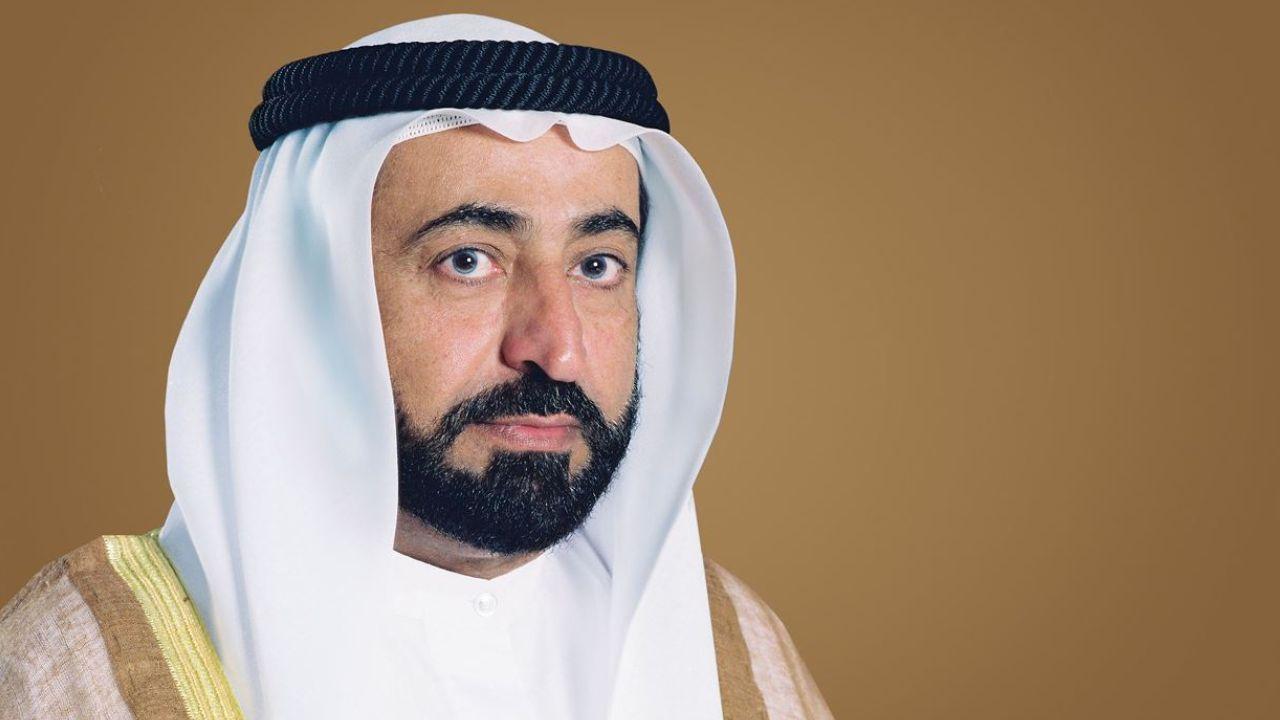
Sheikh Dr. Sultan bin Mohammed Al Qasimi, Ruler of Sharjah, has issued an Emiri Decree to establish and organize the Sharjah Creative Quarter (SCQ)...Read More.
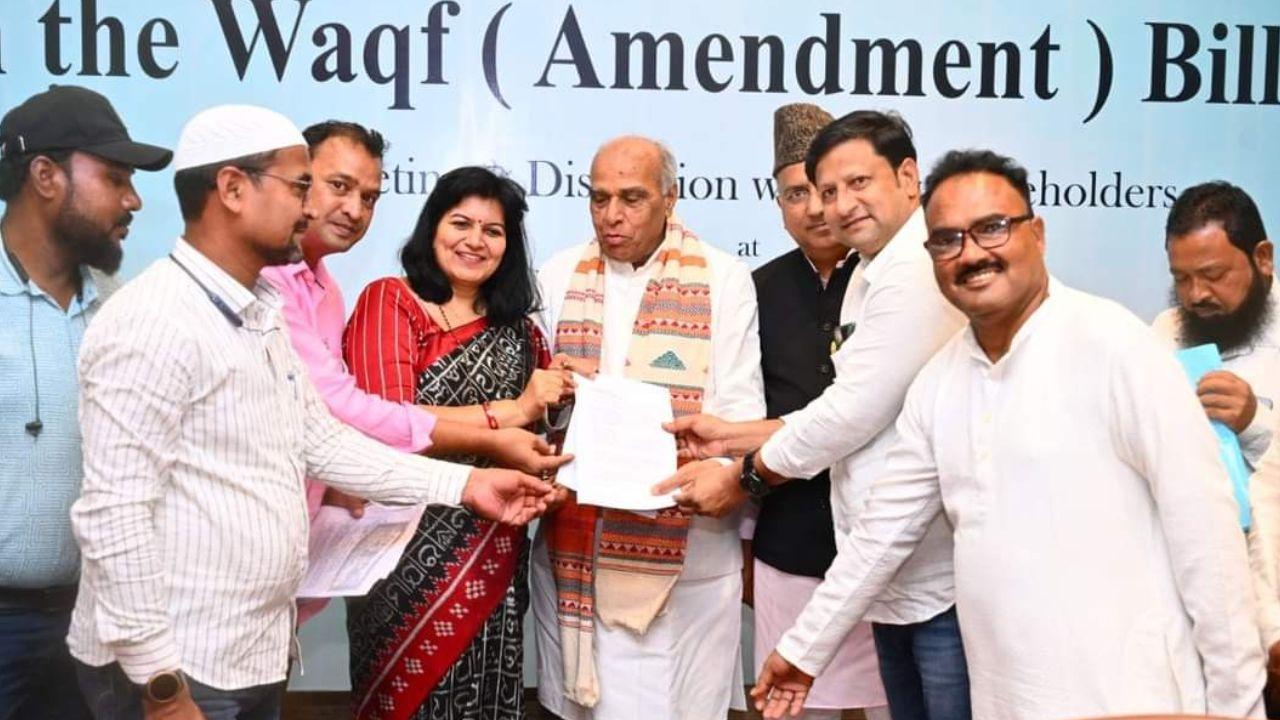
Ruling BJP and allies proposed 23 changes to the Waqf Amendment Bill, while the opposition suggested 44, but none were accepted...Read More.
 Taylor Swift Stuns in ₹4.5 Lakh Louis Vuitton Jacket at Travis Kelce's Match
Taylor Swift Stuns in ₹4.5 Lakh Louis Vuitton Jacket at Travis Kelce's Match
Taylor Swift's Louis Vuitton jacket stole the spotlight as she cheered for boyfriend Travis Kelce du
 Gulf Giants Secure Six-Wicket Victory Over Sharjah Warriorz
Gulf Giants Secure Six-Wicket Victory Over Sharjah Warriorz
Tom Alsop played a brilliant knock, scoring an unbeaten 85 to lead Gulf Giants to a stunning six-wic
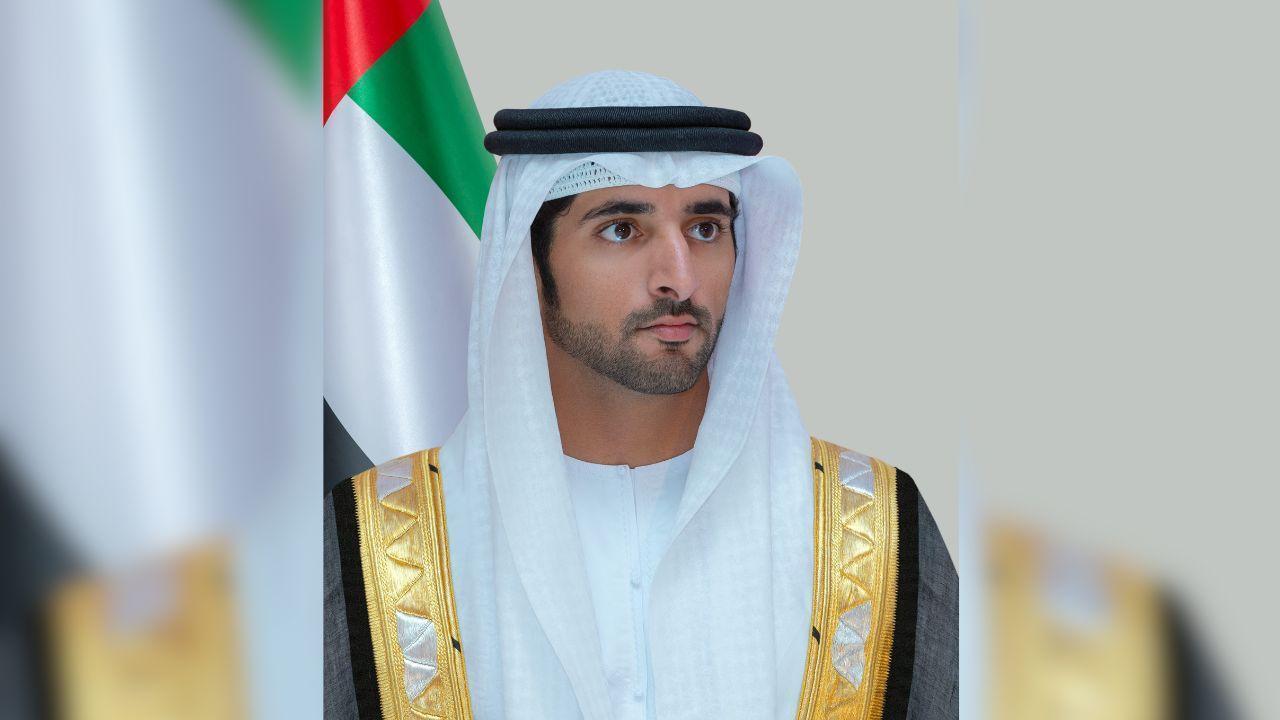 Dubai's Real Estate Market Stays Among the World’s Best: Hamdan bin Mohammed
Dubai's Real Estate Market Stays Among the World’s Best: Hamdan bin Mohammed
Dubai’s real estate sector sees AED761B in transactions and 2.78M procedures in 2024
 Tamer Ashour & Adam to Perform at Al Majaz Amphitheatre on February 15
Tamer Ashour & Adam to Perform at Al Majaz Amphitheatre on February 15
Tamer Ashour & Adam to perform at Al Majaz Amphitheatre on Feb 15, promising a captivating night
 Keys Stuns Sabalenka to Win First Grand Slam Title
Keys Stuns Sabalenka to Win First Grand Slam Title
Madison Keys defeated top seed Aryna Sabalenka 6-3, 2-6, 7-5 to win her first Grand Slam title at th
Sharjah Ruler Approves Creation of Sharjah Creative Quarter

Sheikh Dr. Sultan bin Mohammed Al Qasimi, Ruler of Sharjah, has issued an Emiri Decree to establish and organize the Sharjah Creative Quarter (SCQ)
2 Non-Muslim Members Among 14 Changes in Waqf Amendment Bill

Ruling BJP and allies proposed 23 changes to the Waqf Amendment Bill, while the opposition suggested 44, but none were accepted
Exploring Dubai's Art and Culture Beyond the Skyscrapers
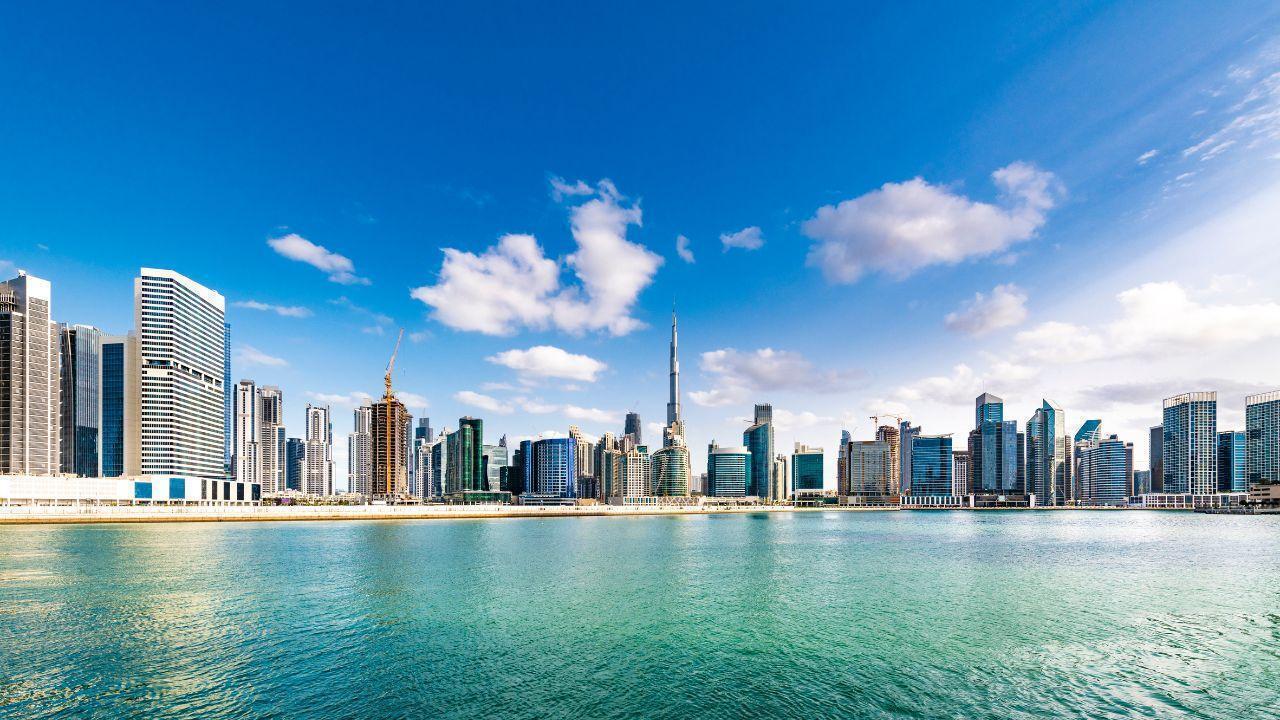
Discover Dubai's vibrant art and culture beyond its famous skyline.
Drug Kingpin Arrested After Wife's Social Media Reveals Location

Rodriguez shared photos at landmarks like the Eiffel Tower and Trevi Fountain, attracting DEA agents monitoring the couple's online movements
Thousands Return to North Gaza for 1st Time Since War as Israel Opens Crossings

After news of open crossings, tens of thousands of Gazans started walking north on Monday morning, carrying their belongings
Taylor Swift Stuns in ₹4.5 Lakh Louis Vuitton Jacket at Travis Kelce's Match

Taylor Swift's Louis Vuitton jacket stole the spotlight as she cheered for boyfriend Travis Kelce during the AFC Championship game
Anushka Sharma Stuns in Yellow Lehenga Worth ₹1.6 Lakh

Anushka Sharma is radiating elegance in her yellow lehenga designed by Mahima Mahajan. The stunning outfit exudes royal charm and costs ₹1.6 lakh, leaving every
Palestinian Voices Shine at Sundance Film Festival 2025

Palestinian-American director Cherien Dabis, set to shoot her personal drama *All That’s Left Of You* in the West Bank, was forced to reconsider her plans after
Colombia Reverses Deportation Decision After Trump’s Threats
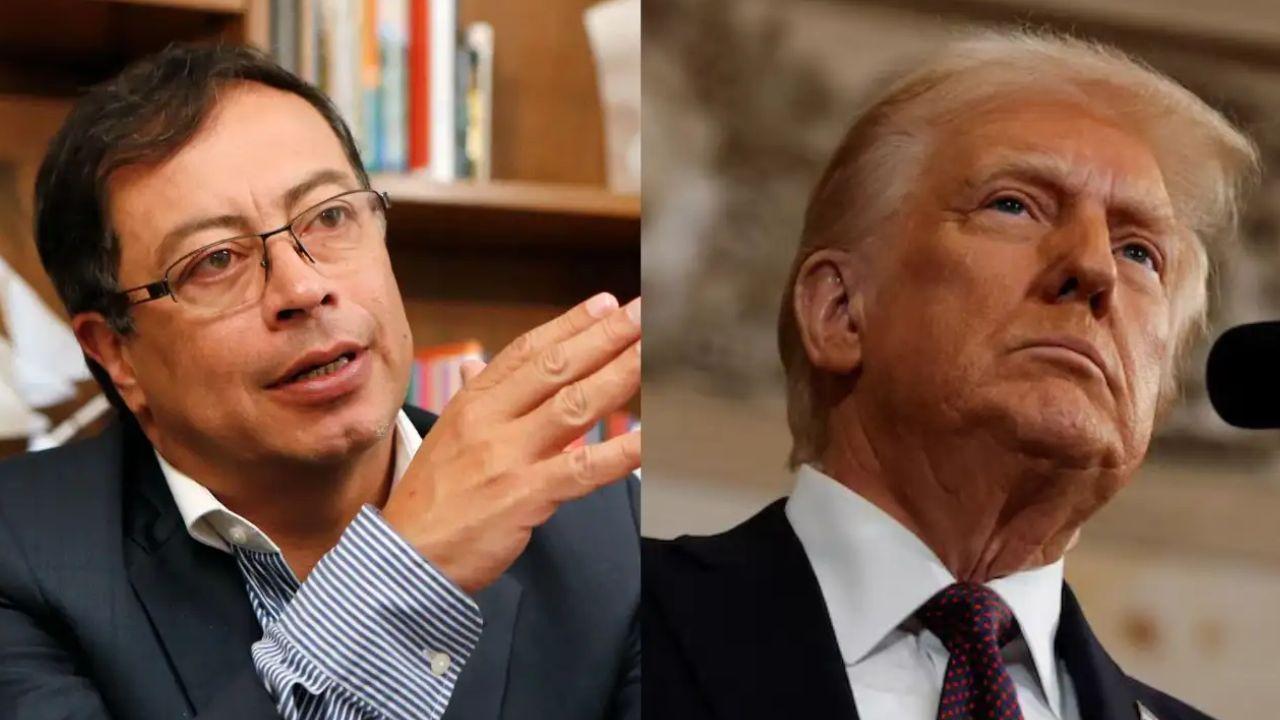
Colombia agrees to accept deported citizens after Trump's tariff threat on Sunday, reversing defiance to US plans
From Underdogs to Winners: Amazing Comebacks in Sports

Discover inspiring sports comebacks where underdogs triumphed
3001E, 30 Floor, Aspin Commercial Tower, Sheikh Zayed Road, Dubai, UAE
+971 52 602 2429
info@dxbnewsnetwork.com
© DNN. All Rights Reserved.